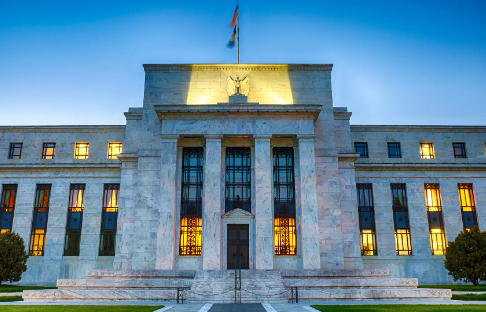Evaluating Hotel Investments: Key Insights and Market Trends from Leading U.S. Cities
When reviewing potential hotel deals, the market's current conditions and trends are crucial in deciding whether to invest. Investors look beyond location to evaluate potential risks, including financing rates, regulatory hurdles, and political issues, which can impact profitability.
During a recent Lodging Industry Investment Council meeting, hotel executives shared their insights on several major U.S. hotel markets, discussing what makes them appealing or risky.
San Francisco:
Guy Maisnik, a partner and vice chair of the global hospitality group at Jeffer Mangels Butler & Mitchell, mentioned that some private equity clients are considering investments in San Francisco. They believe the market has bottomed out and is pricing properties based on current numbers. Despite regulatory challenges, labor issues, and crime, these investors see these factors as barriers that could create future opportunities. They are not just looking at hotels but also other asset classes that can be converted into hotels.
New York City:
Mike Cahill, founder and CEO of Hospitality Real Estate Counselors, noted that New York City has recently become a highly desirable market for hoteliers. Boston topped the list, but New York City's appeal is driven by its "cool factor" and attractiveness to young professionals. Even with its issues, New York seems less intimidating to investors than cities like San Francisco or Los Angeles. Cahill suggested that the difference might lie in how each city handles municipal risks.
Los Angeles:
Charles Oswald, CEO of Aperture Hotels, pointed out that Los Angeles has a more hostile union environment compared to San Francisco. Frequent strikes disrupt operations and make it challenging for guests. The city's prolonged approval process for new projects, often taking four to seven years, adds another layer of difficulty. Despite attempts to streamline approvals, various interest groups still create significant delays.
Comparative Politics and Investment:
The political landscape plays a significant role in investment decisions. Maisnik highlighted that New York has not faced the same extreme political measures as California, such as ballot measures requiring hotels to house the unhoused. This political stability makes New York more attractive to investors. Meanwhile, San Francisco's tech companies are beginning to take a more active role in local politics, contributing to safety and security efforts, which might improve the city's investment outlook in the coming years.
Conclusion:
Investors must weigh numerous factors, including market conditions, regulatory environments, and political climates, when considering hotel investments. The insights from the Lodging Industry Investment Council emphasize the complexities and opportunities in key U.S. hotel markets, guiding investors in their decision-making processes.













